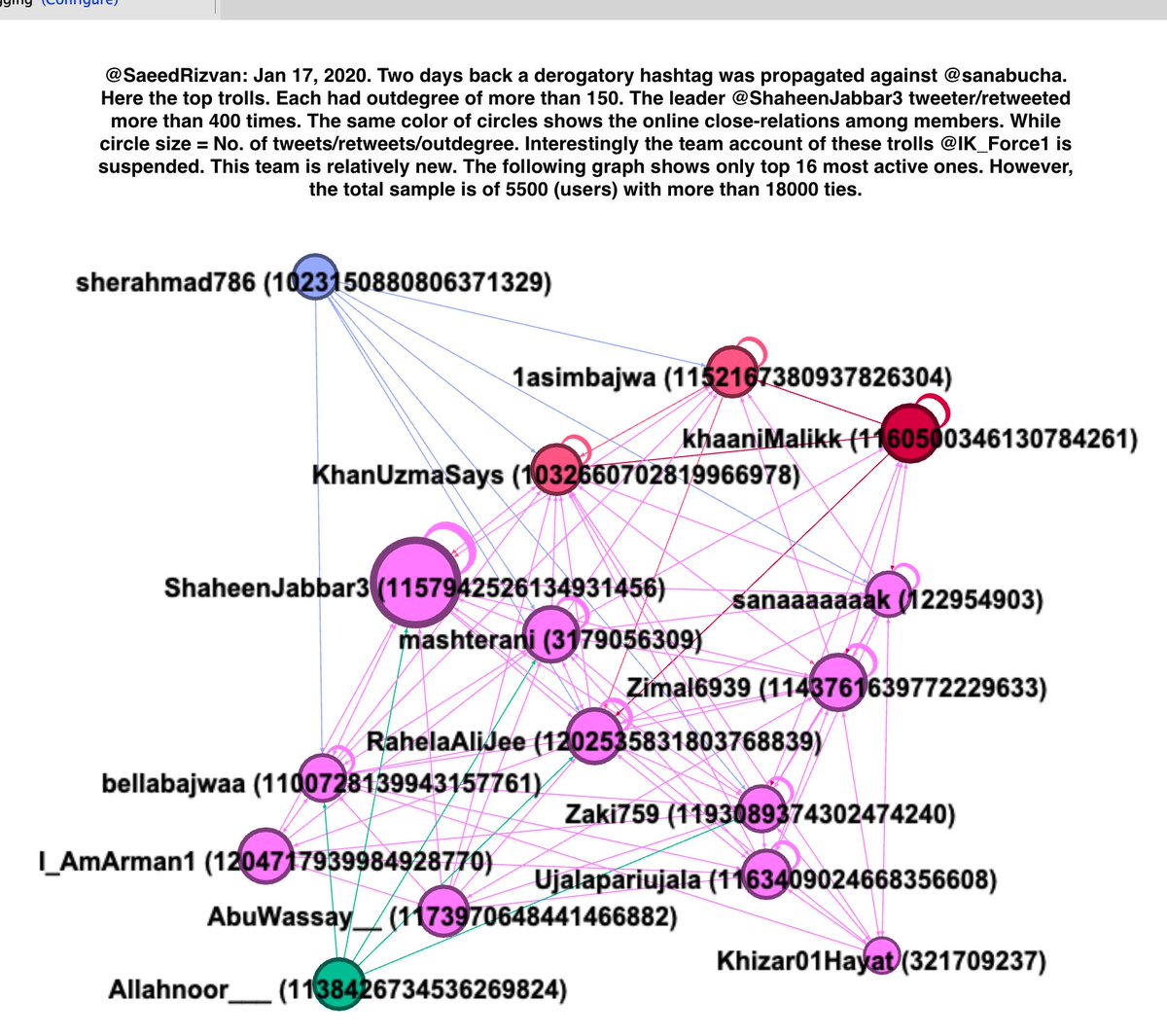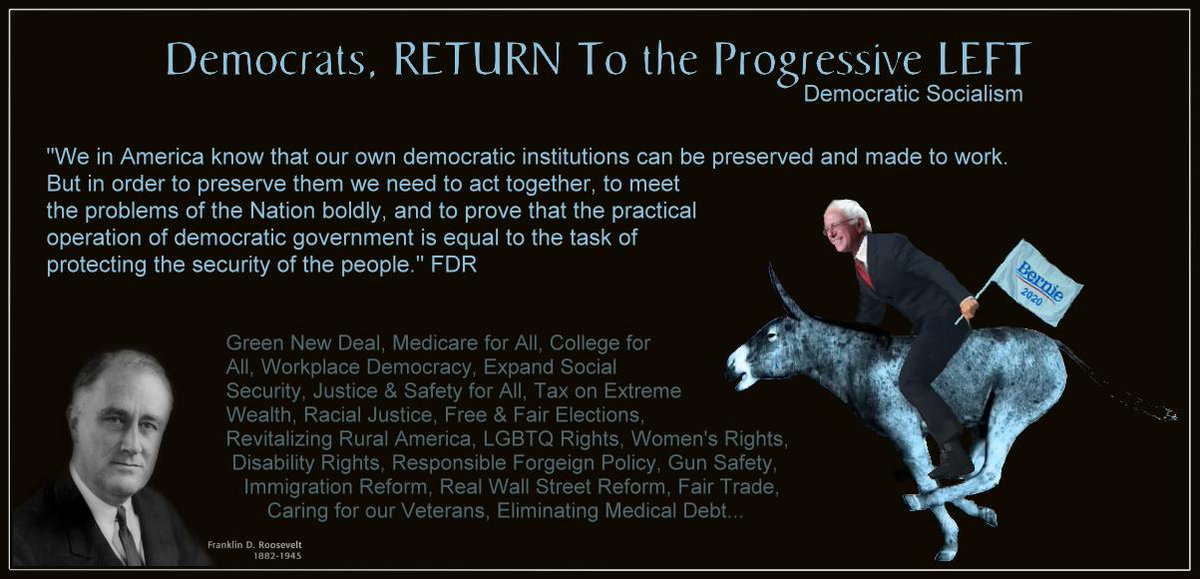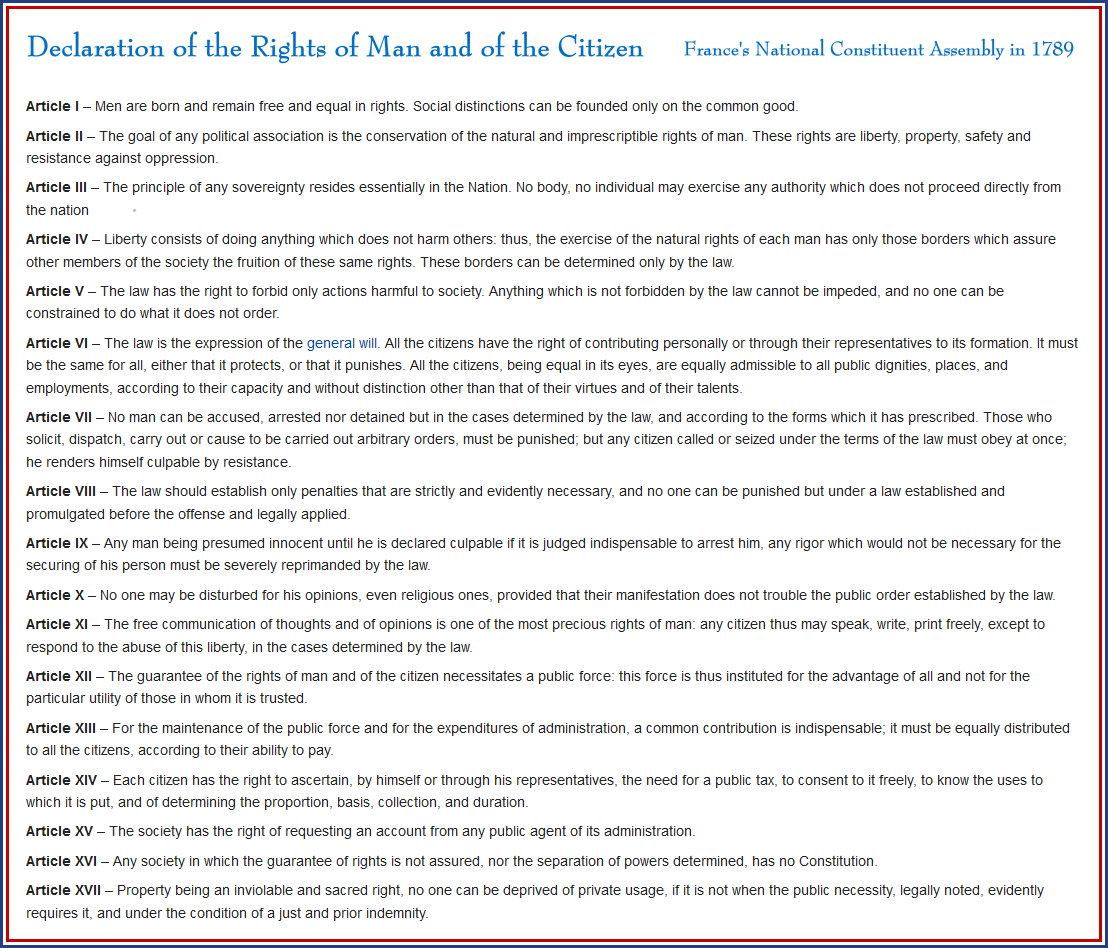What makes this lie so incredible is that, as we will prove, capitalism is in fact inherently & BY-DEFINITION anti-democratic. 1/33
Real democracy means those who are affected by decisions get to have a fair say in those decisions.
Seems simple enough, but often political discourse obscures this obvious truth to make the non-democratic seem democratic. 2/33
For a fuller exploration of freedom & democracy see this thread: 8/33
Internally, capitalist enterprises are largely defined by a Corporate Division of Labor. 9/33
• Capitalist/Investor Class
• Managerial/Coordinator Class
• Working Class
10/33
Further, both buyers & sellers are incentivized to externalize as much of the costs & burdens of their transactions as possible. 24/33
We have trillions upon trillions of market transaction, each externalizing the worst environmental effects! 27/33














